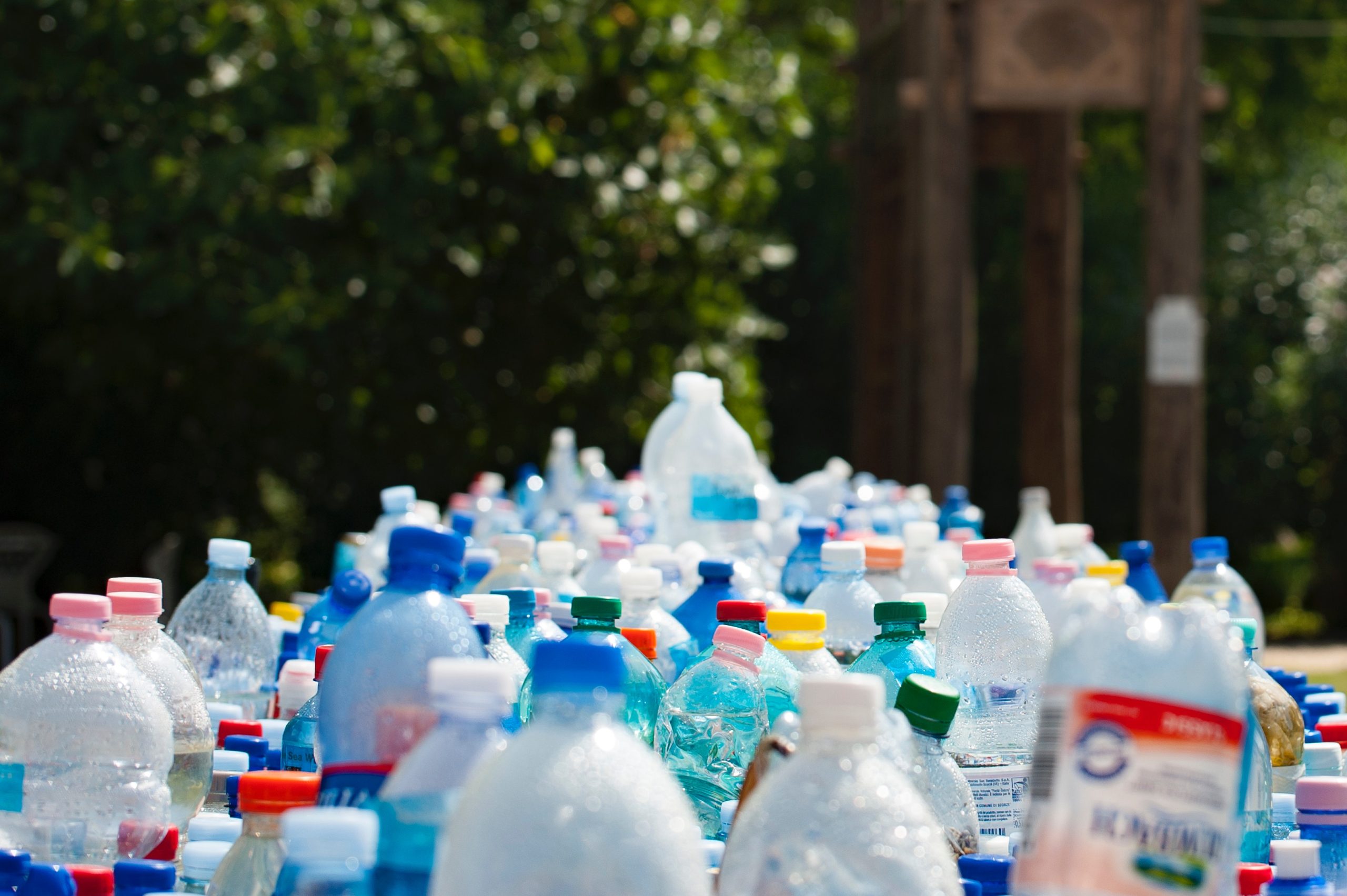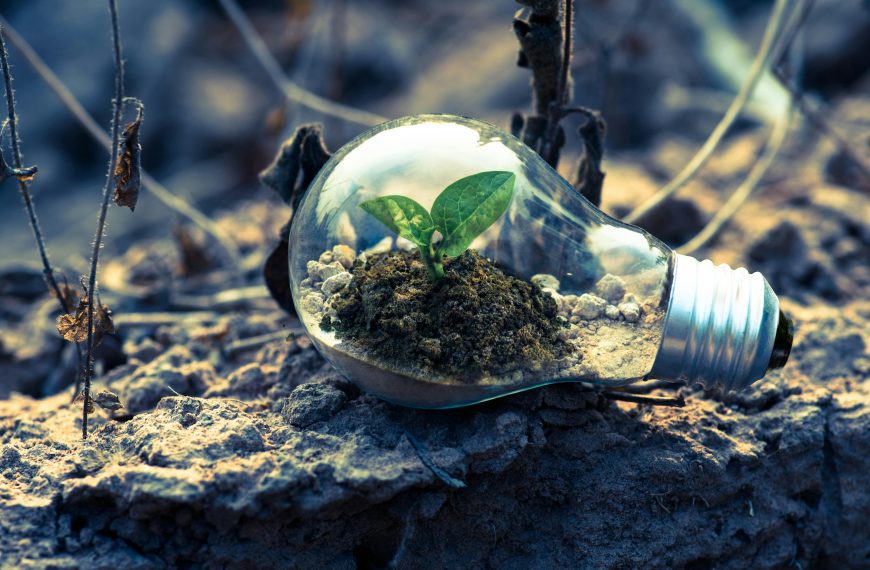Living a Lifestyle; Embracing Waste Reduction, for a Better Future
In today’s world, where people are increasingly aware of their impact on the environment, the idea of adopting a sustainable lifestyle has garnered significant attention. At the heart of this movement lies waste reduction—a practice that holds the key to creating a sustainable and harmonious future for both humanity and our planet. As our world grapples with pressing challenges, it becomes essential for individuals and communities to take deliberate steps towards waste reduction, thereby minimizing their ecological footprint. In this article, we delve into the importance of waste reduction and explore practical strategies to seamlessly integrate it into our lives.
The Significance of Waste Reduction
Waste reduction, also known as waste minimization, entails the reduction of waste generation, which not only eases the strain on landfills but also promotes efficient resource utilization. This practice has gained paramount importance in recent years due to the escalating waste crisis and its consequential adverse impact on the environment. According to data from the World Bank, our planet presently produces over two billion tons of waste annually—a staggering figure that is projected to surge owing to rapid urbanization and consumption patterns.
Unabated waste production precipitates a range of consequences, with one of the most significant being the proliferation of landfills, accompanied by their associated hazards. Landfills emit gases, notably methane—a potent greenhouse gas that contributes to climate change. Moreover, improper waste disposal leads to soil and water pollution, jeopardizing ecosystems and human health alike.
Embarking on the Journey to an Environmentally-Friendly Lifestyle
Embracing an environmentally-friendly lifestyle necessitates a paradigm shift in thinking and a steadfast commitment to making sustainable choices across various facets of life. Waste reduction stands as a pivotal aspect of this lifestyle. Here are some pragmatic approaches that empower individuals to contribute to a more sustainable future:
- Minimizing Single-Use Plastics: Single-use plastics, including plastic bags, straws, and disposable water bottles, contribute significantly to pollution. Opting for alternatives such as reusable cloth bags, stainless steel bottles, and biodegradable straws enables individuals to substantially curtail their waste production.
- Embracing the 5 Rs: The 5 Rs—Refuse, Reduce, Reuse, Repurpose, and Recycle—constitute a comprehensive framework for waste reduction. This approach advocates for refusing unnecessary items, reducing overall consumption, reusing items whenever feasible, creatively repurposing materials, and reserving recycling as a last resort.
- Championing Composting: Organic waste constitutes a considerable portion of landfill content. Composting emerges as a viable solution, transforming waste into nutrient-rich soil. Even individuals lacking ample space can explore compact composting options.
Cultivating Mindful Consumer Habits
Adopting an eco-conscious lifestyle extends to valuing quality over quantity and exercising mindfulness in our purchasing decisions. This not only aids in waste reduction but also cultivates contentment and awareness in our lives. Several strategies can be employed to align our consumer habits with sustainability:
- Opting for products with eco-friendly packaging.
- Engaging in bulk purchasing to minimize packaging waste.
- Supporting local and sustainable businesses, thereby endorsing responsible production practices.
- Upcycling unused items into creative and functional new products, thus reducing the demand for fresh resources.
- Transitioning from paper-based documents to digital alternatives, thereby reducing paper waste.
Addressing Textile Waste and Promoting Energy/Water Efficiency
The fashion industry’s fast-paced nature contributes significantly to textile waste. Counteracting this trend involves favoring durable, high-quality clothing pieces that transcend fleeting trends. Exploring thrift stores further prolongs the lifespan of garments, curbing the need for continuous production.
Furthermore, by curbing energy and water consumption, individuals indirectly contribute to waste reduction. Reduced demand for these resources in production and distribution processes effectively mitigates waste generation.
The Ripple Effect of Waste Reduction
Propagating awareness about waste reduction carries profound significance. Encouraging friends, family members, and communities to adopt eco-friendly practices sets in motion a ripple effect that permeates various industries, policies, and societal norms. In response to consumer demands, businesses are compelled to innovate waste reduction technologies, while governments are motivated to enact waste management policies that nurture a culture of responsibility and accountability.
Navigating Challenges and Paving the Way Forward
While the journey towards waste reduction presents challenges stemming from convenience-oriented lifestyles, limited awareness, and deeply ingrained cultural norms, these obstacles can be surmounted through education, advocacy, and systemic changes. Governments play a pivotal role by incentivizing sustainable practices, investing in waste management infrastructure, and fostering circular economies.
Forging a Sustainable Future through Waste Reduction
Embracing an eco-conscious lifestyle centered on waste reduction constitutes a pivotal stride towards securing a sustainable future for our planet. By collectively reassessing our consumption patterns, adopting sustainable practices, and inspiring others to follow suit, we chart a course towards a more vibrant Earth for generations to come. While embarking on this journey may demand effort and adaptation, the rewards—such as a cleaner environment, reduced pollution, and a heightened sense of mindful interconnectedness—are unequivocally invaluable.









